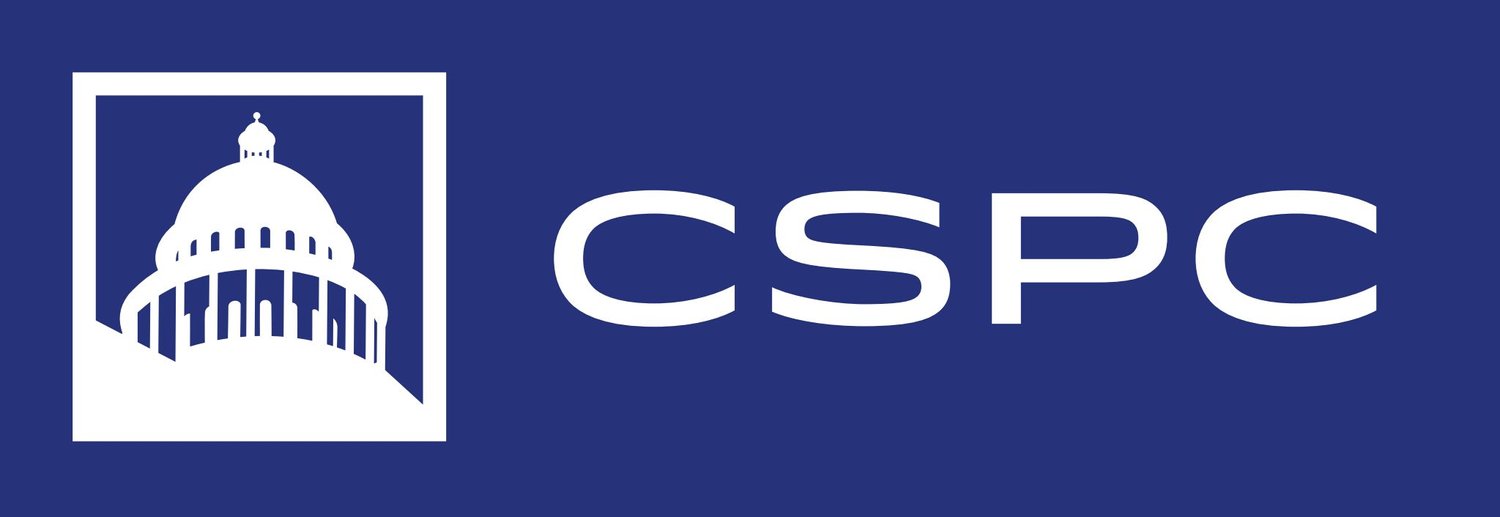2024-2025 Fellows Review
Foreword
Since its founding in 1970, the Presidential Fellows Program at the Center for the Study of the Presidency and Congress has served as a bridge between young leaders and the institutions of American democracy. Created in response to a period of national division, the program has evolved over the decades but remains grounded in its original purpose: to cultivate a new generation of civic-minded leaders who are thoughtful, informed, and engaged. Each year, I am struck by the remarkable caliber of our Fellows’ intellect, passion, and drive to make a difference. Through dialogue, research, and public service, our Fellows carry forward a shared commitment to building a more resilient and inclusive democracy.
Throughout their Fellowship, students deepen their understanding of the U.S. government and build lasting connections with peers, policy experts, and public officials. This experience is shaped by a series of virtual discussions and culminates in a week-long leadership conference held in Washington, D.C. Highlights included a conversation on bipartisanship with Congressman Brian Fitzpatrick, a deep dive into the Russia-Ukraine War with Ambassador Paula J. Dobriansky, and a session on immigration policy with Cecilia Esterline of the Niskanen Center. Fellows also met with Judge Robert M. Dow, Jr. at the Supreme Court to discuss the federal judiciary system and heard inspiring remarks from Secretary of the Interior Doug Burgum at the Alumni & Friends Reception.
The cornerstone of the program is an independent research project on a topic of importance to the presidency or Congress. In the pages that follow, we are proud to showcase twenty-five exceptional research papers produced by the 2024-2025 Fellows class. Of that group, I am delighted to highlight five Fellows who were honored earlier this year for outstanding papers:
Eesha Fahad (University of Toronto) was awarded the David M. Abshire Award for Most Outstanding Paper by an International Fellow for her paper titled, “Assessing the Impact of the Cybersecurity Information Sharing Act (CISA) on Small and Medium-Sized Enterprises (SMEs) and Large Corporations.”
Thomas Emens (Princeton University) was awarded the Donald B. Marron Award for Best Historical Analysis for his paper entitled, “Lincoln and Congress: Preserving the American Experiment and Lessons for Modernity.”
Alexis Kim (Georgetown University) was awarded the Richard H. Solomon Award for the Most Original Paper on Foreign Policy or Diplomacy for her paper, “The Implications of Consistent Foreign Aid: A Case Study on Vietnam.”
Tallulah Costa (Smith College) was awarded the James R. Moffett Award for Most Original Paper on the Modern Presidency or Congress for her paper titled, “Transcending Presidential Control: The Constitutional Independence of the Vice Presidency.”
Knox Watson (United States Military Academy) was awarded the Robert A. Kilmarx Award for Best Military, Intelligence, or National Security Strategic Analysis for his paper titled, “Accountable Discretion: The Congressional Screening of Pentagon Reprogramming from 2007-2023.”
We are proud of the excellent research undertaken by these students, and we congratulate all of the members of the 2024-2025 class on their successful completion of the Presidential Fellows Program.
The Center is grateful to the Fellowship sponsors as well as our partner colleges and universities for their generous and indispensable support of the program.
Finally, I would like to thank the Center’s interns, Jaya Nambiar, Erin McLaughlin, Seth English, and Jessica Firestone for their hard work on this year’s Fellows Review. Their contributions to this publication have been invaluable.
Glenn C. Nye III
President & CEO
Center for the Study of the Presidency and Congress

